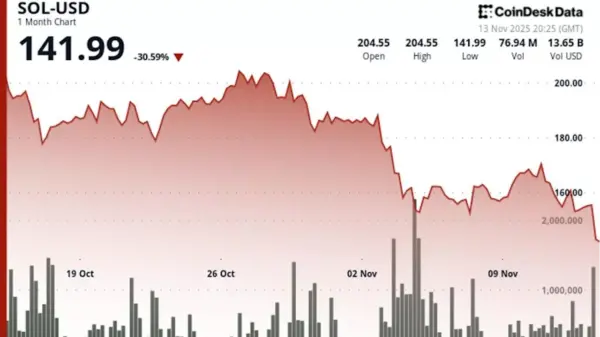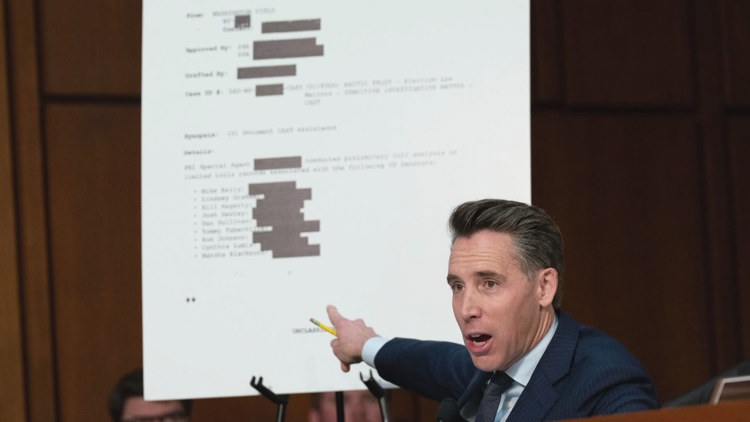A little-known provision in the recently passed government shutdown bill could allow eight Republican senators to each claim at least $1 million from U.S. taxpayers. This clause, found within the extensive 394-page legislation, permits senators to sue the federal government if their phone or digital records were obtained without notice, specifically referring to actions taken by federal investigators.
The provision is retroactive to 2022 and appears to affect senators whose records were subpoenaed during Special Counsel Jack Smith’s investigation related to the efforts to overturn the 2020 election. The text of the clause states: “…any senator whose Senate data, or the Senate data of whose Senate office, has been acquired, subpoenaed, searched, accessed, or disclosed in violation of this section may bring a civil action against the United States if the violation was committed by an officer, employee, or agent of the United States or of any federal department or agency.”
This means that, theoretically, each senator could claim damages for two separate violations—one for the subpoena and another for the nondisclosure order—resulting in a minimum payout of $1 million per senator. The senators potentially eligible for this payout include Lindsey Graham of South Carolina, Bill Hagerty of Tennessee, Josh Hawley of Missouri, Dan Sullivan of Alaska, Tommy Tuberville of Alabama, Ron Johnson of Wisconsin, Cynthia Lummis of Wyoming, and Marsha Blackburn of Tennessee.
Controversy Erupts Over Legislative Self-Dealing
Critics have expressed outrage over the clause, describing it as a blatant example of legislative self-dealing. Representative Johnny Olszewski (D-Md.) remarked, “It allows senators to write themselves, and only themselves, million-dollar checks because their phone records were legally subpoenaed. Checks paid for by American taxpayers. It’s corruption at a whole new level.”
Other members of Congress have voiced similar concerns, highlighting that this provision was not made available to the public or even to members of the House. “It is unconscionable that what we are debating right now is legislation that will give eight members of the United States Senate over a million dollars apiece, robbing people of their food assistance and their health care to pay for it,” stated Representative Alexandria Ocasio-Cortez (D-N.Y.).
The measure has sparked fierce debate, with House Democrats, including Jamie Raskin, condemning it as a corrupt “jackpot” inserted at the last minute. Raskin asserted, “This bill, which they now call imperfect, contains the single most corrupt provision for legislative self-dealing that anyone in this chamber today has ever voted on. It is such an egregiously corrupt act of legislator self-enrichment and plunder of the taxpayer.”
The amendment notably removes the government’s sovereign immunity for such lawsuits, which could lead to increased legal challenges against governmental agencies. Raskin further criticized the provision, emphasizing that it could result in guaranteed payouts if any senator chooses to sue.
Political Reactions and Future Implications
Despite bipartisan criticism, House leaders have indicated their intention to proceed with the broader shutdown deal to restore federal operations without delay. They have promised to revisit or repeal the controversial clause in the following week, though many lawmakers remain skeptical of these assurances.
As the fallout continues, the implications of this provision could influence public perception of Congress and its members. Critics argue that such measures only serve to deepen distrust among constituents, who may feel that their elected officials prioritize personal gain over public service.
In a climate where transparency and accountability are increasingly demanded by the public, the revelation of this clause presents a significant challenge for those involved. It underscores the complexities and potential pitfalls of legislative processes, particularly when discussions around funding and governance are at the forefront of national discourse.







































































